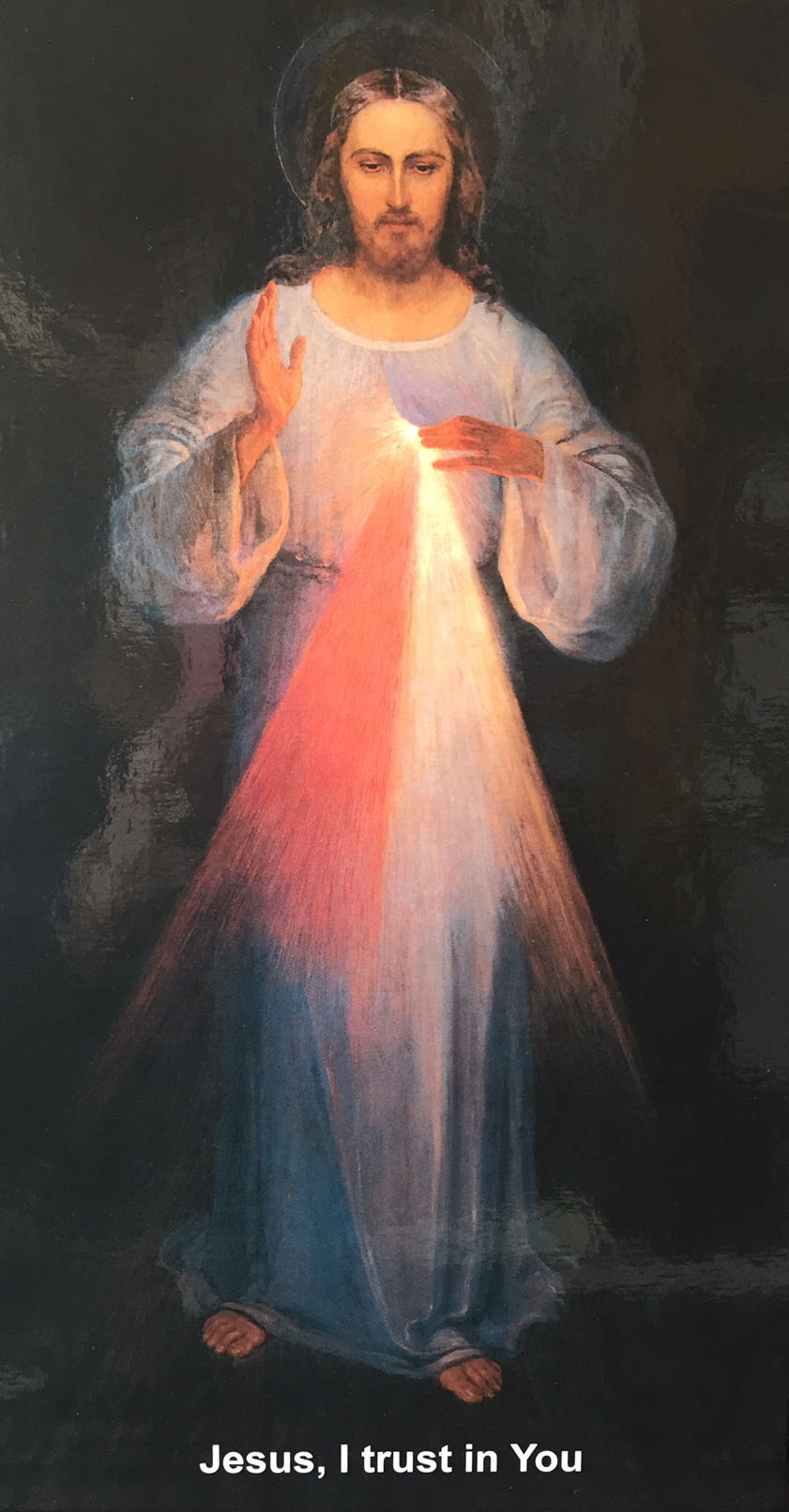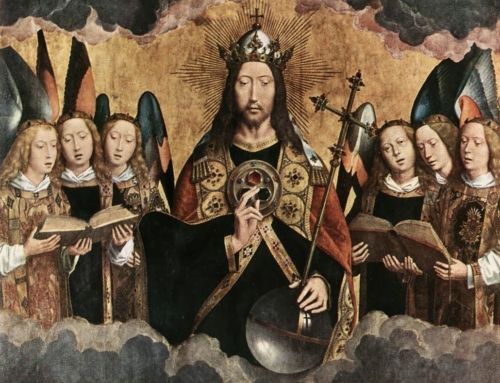I was asked recently what I thought was the most difficult thing about priestly life. I stumbled looking for an answer, but on reflection I have to say the most difficult thing is knowing what wonderful things God can do for people and knowing how their lives could be transformed, how they could receive healing, forgiveness and blessings–only to have them turn away and reject God’s grace.
Time and again I have worked with people and offered them all sorts of assistance and offered to point them to those who would love to help–only to have them say “No Thanks.”
Then there are those who take up the offer–receive a taste of the Divine Mercy and some morsel of grace, but almost instantly fall away and revert to their old life–maybe a life of addiction, dysfunction and disease–but always a choice for the darkness, not the light.
Then there are those who are Catholics, but who shipwreck the faith when they hit the rocks of church scandal, incompetent and corrupt prelates and lousy priests. I get it, but it is tough to take when they abandon ship for what seems to be the lifeboat of some Protestant or extreme traditionalist sect.
To reject the grace of God that is offered is a frightening thing. To have known God’s grace and depart the faith for one’s own opinion is truly disastrous, and it is this which makes being a priest sometimes very hard.
But then, at that moment we get a little taste of God’s point of view. He offers his Divine Mercy in a never ending stream of goodness, life, light and love and we, as his rebellious children reject those graces time and again. If I sometimes weep over those who say “No” to God– imagine his own broken sacred heart.
This, I suppose, is part of what it means to be called “Father” to share in a minute way in the Fatherhood of God who, like the Father of the prodigal son, knows his child has gone astray and who waits patiently and prayerfully for his return.
I can remember speaking to a fellow pastor some time ago about a family who had gone off to join a Protestant sect. The pastor asked me, “Do you think they are lost sheep or prodigal sons?” He meant, if lost sheep it was out duty to seek and to save–to search for them and bring them home. If the latter, then the Father knows that to seek the prodigal son will do no good. He has exercised his freedom and does not want to dwell in the Father’s house.
Just as he exercised his free will, his return will only take place when he decides to avail himself of the Father’s grace.
So part of the difficulty, therefore, is both knowing what God can do for people, and knowing that without the engagement of their will one is helpless. This realization opens us to a profound understanding of God’s omnipotence–that his omnipotence is (if not theoretically, then practically) limited by our free will.
God is a gentleman. He will not force his love on any of us, This helps us to understand also the mystery of hell. Those who are destined for hell will choose to go there. They will say to God–even for all eternity–“No. thanks. I don’t want and don’t need your grace.”







Very true. I am very saddened when in my practice as a therapist I teach people about the power and the love of God and in particular prayer. Some however turn away chosing to remain anxious or depressed and drinking from a cistern instead of the living water.